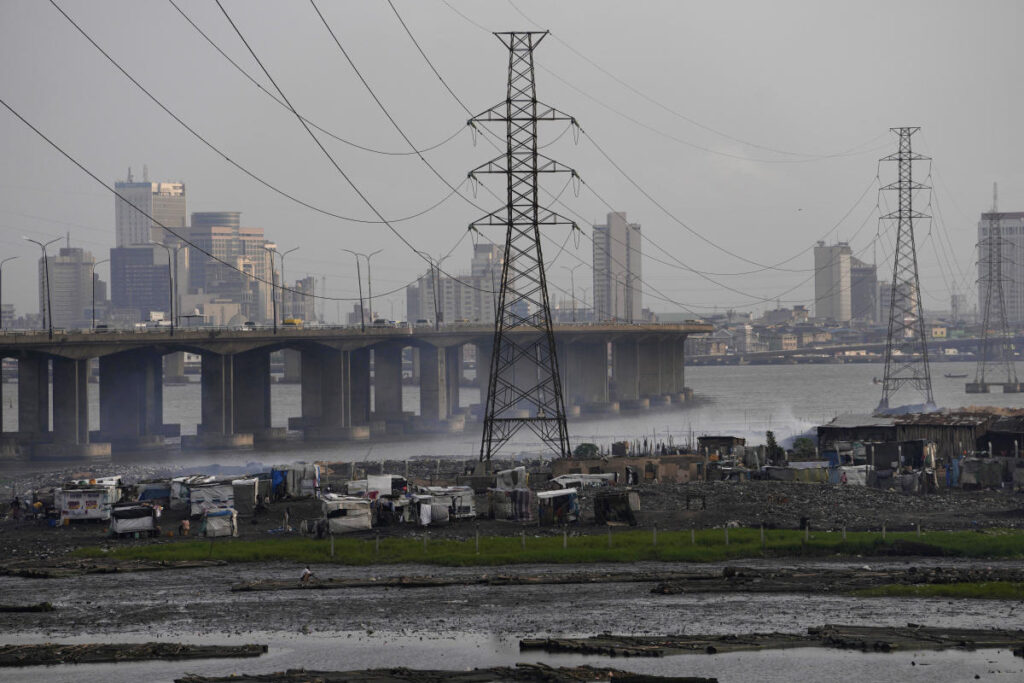Nigeria’s electricity crisis has reached alarming levels, with major cities including Abuja, Lagos, and Kano experiencing widespread blackouts on Thursday. This disruption marked the tenth collapse of the national power grid in just one year, indicating a persistent issue within the country’s energy infrastructure. The Transmission Company of Nigeria attributed the outages to a “partial disturbance of the system,” although specific details about the cause were not disclosed. As blackouts have become increasingly frequent, it is evident that Nigeria’s electricity supply remains fragile and in need of significant improvement.
The challenges facing Nigeria’s power sector are deeply rooted in chronic underinvestment and infrastructural inadequacies. Despite having the potential to generate around 13,000 megawatts of electricity, the country is only able to transmit a mere 4,000 megawatts due to outdated and weakened infrastructure. This discrepancy highlights the severe mismatch between Nigeria’s generation capabilities and the power that can actually reach its citizens. With a population exceeding 200 million, the insufficient power supply is leading to widespread reliance on alternative sources, such as gasoline-powered generators, which currently provide approximately 40,000 megawatts to households and businesses across the nation.
In addition to structural issues, the Nigerian power sector faces threats from armed groups that engage in sabotage and vandalism. In recent incidents, power supplies in northern Nigeria were severely impacted for more than a week after insurgents damaged crucial transmission lines. Such acts of sabotage exacerbate an already challenging situation, making it even more difficult for the national grid to operate effectively and for the country to meet the energy demands of its populace.
Recognizing these systemic challenges, the Nigerian government has enacted a law facilitating state-level power generation and transmission. This legislative move aims to alleviate some of the pressure on the aging national grid while also encouraging private sector investment in the power industry. By decentralizing power generation, states will have greater autonomy to develop localized energy solutions, potentially improving overall access to electricity for underserved regions.
The continued failures of the national grid not only hinder economic development but also impact the daily lives of Nigerians, who endure the consequences of unreliable power supply. Frequent blackouts can disrupt businesses, impede productivity, and diminish the quality of life for millions. Moreover, as electricity remains a crucial component of modern infrastructure, the inability to provide consistent power threatens Nigeria’s aspirations for growth and development.
As Nigeria grapples with these multifaceted power challenges, it becomes increasingly vital for the government and stakeholders to engage in strategic planning and investment. Addressing the issues of infrastructure, security, and regulatory frameworks will be key to revitalizing the nation’s energy sector and ensuring that all citizens have access to reliable electricity. Without decisive action, Nigeria risks further stalling its socio-economic progress and exacerbating the hardships faced by its population in the absence of consistent power supply.

